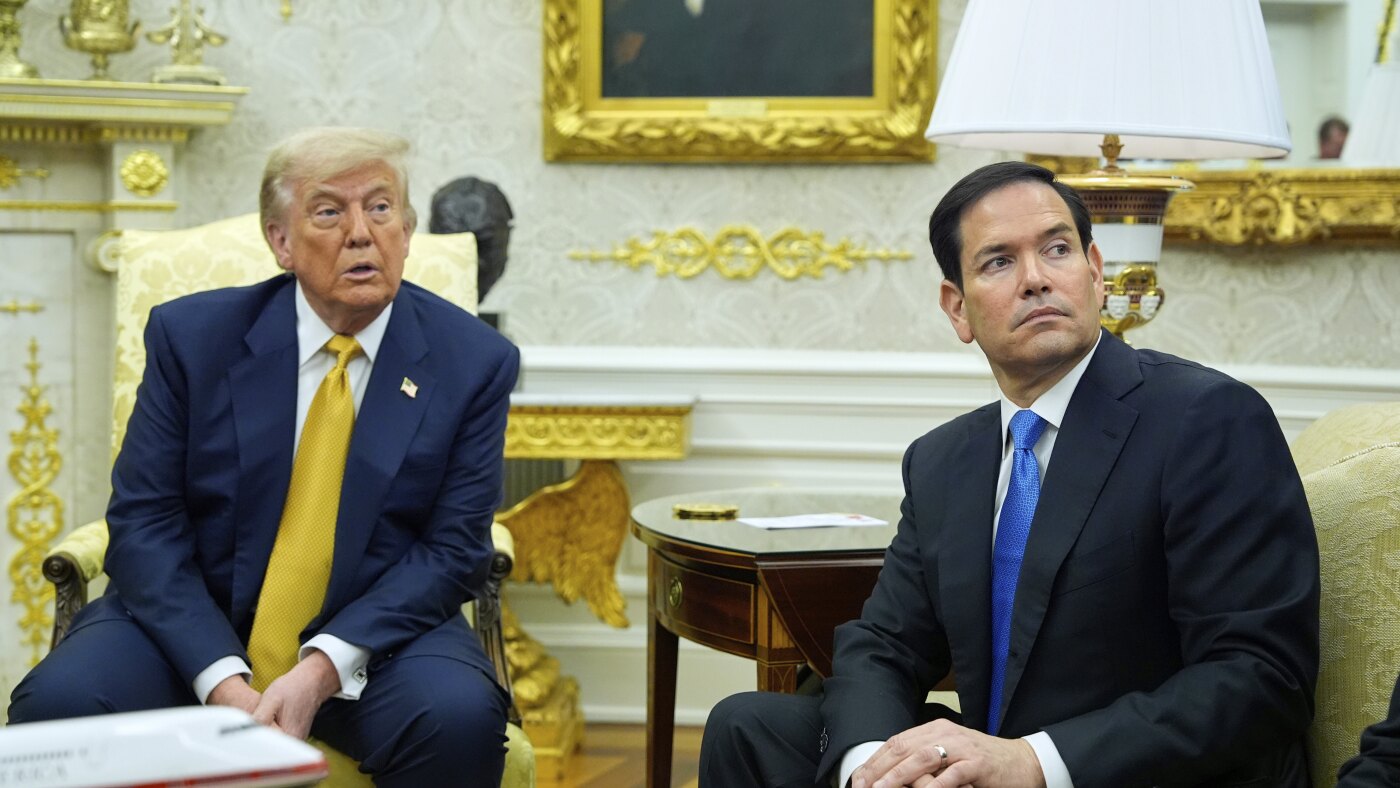The recent decision by the State Department to fire its experts on the South China Sea has raised eyebrows. This move comes during a major reorganization effort, which also shut down the office responsible for Indo-Pacific security. Experts believe this could create a void in essential knowledge that is crucial for U.S. interests in the region.
Security and free navigation in the South China Sea are often highlighted as top priorities for both Republicans and Democrats. China has been aggressively asserting its claims here, constructing artificial islands and military bases. The U.S. has historically worked with other countries to push back against this expanding influence.
Elbridge Colby, a Pentagon policy expert, emphasized that China’s recent actions threaten regional stability. He pointed to their escalating military buildup as a significant concern, suggesting that the U.S. needs to strengthen its military presence in the Western Pacific.
Past U.S. diplomatic efforts have often involved the Office of Multilateral Affairs, which coordinated engagement with Southeast Asian nations like ASEAN. This office played a vital role in responding to China’s actions, but it, along with many other divisions, faced cuts — leaving over 1,300 government employees without jobs.
Feedback from those laid off painted a troubling picture. Many expressed worry that eliminating such a knowledgeable office would give China an advantage. Previous performance reviews, which were reportedly excellent, were not considered during the layoffs, which puzzled many employees.
Experts weighed in on the implications of these cuts. Gregory Poling from the Center for Strategic and International Studies described the decision as “really harmful.” He noted that replacing the knowledge lost is not as simple as shifting personnel around; understanding the complexities of the South China Sea takes years of specialized experience.
Piper Campbell, a former diplomat, shared similar concerns. She argued that these layoffs diminish the U.S.’s influence in a region critical for both security and economic partnerships. James Caruso, another ex-diplomat, pointed out that this move runs counter to efforts aimed at countering China’s expansionism. He remarked, “If our goal is to push back against Chinese influence, how does this help?”
Meanwhile, recent statistics show that China has increased military exercises in the region, further challenging U.S. dominance. As noted in reports from the Japanese military, Chinese aircraft carriers have been increasingly active in waters traditionally controlled by the U.S.
Overall, this situation has sparked significant debate among experts. Many worry that the cuts reflect a broader pattern of U.S. withdrawal from crucial diplomatic engagements. As countries in the region look for support, there is a fear that they might turn to China, which could reshape alliances and shift power balances in ways that disadvantage the U.S.
In summary, the dismantling of this office and its expertise raises important questions about the U.S.’s commitment to maintaining influence in the Indo-Pacific. It’s a strategic gamble that could have long-lasting effects on international relations in the region, especially as China continues to assert its presence.


